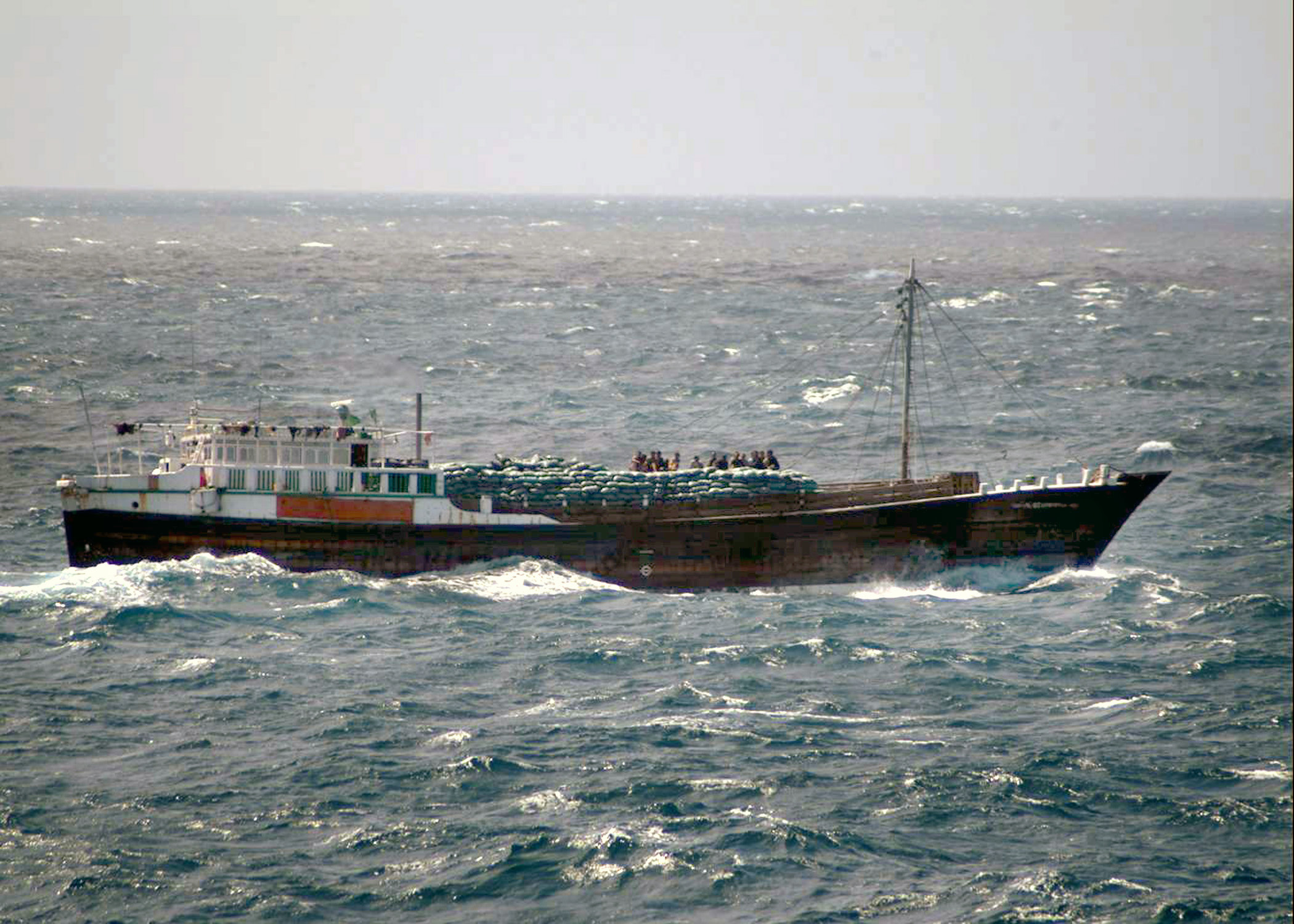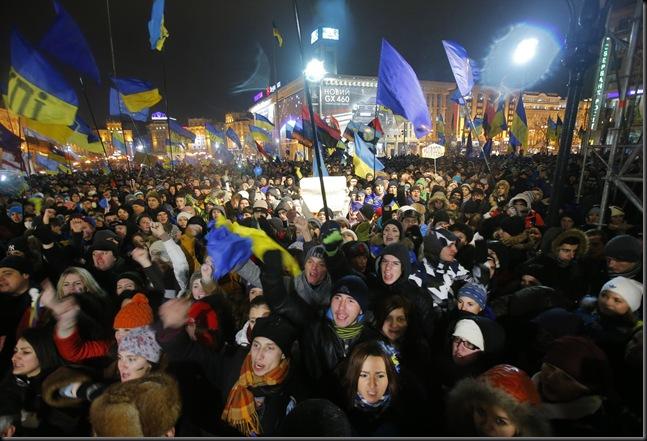The deployment of Canadian troops in Latvia has put Canada on a growing list of nations that Russia views as hostile powers. The chances of Russia directly attacking Canada are very slim, but that does not mean they will passively accept, what they perceive as, a threat.
The cyber threat posed by Russia fits into two broad categories. The first, and most serious, is the threat to critical infrastructure. This is something that NATO is trying to combat through their Centre of Excellence in Latvia. For this threat, NATO has to be proactive. The Kremlin has showed technological capabilities during the annexation of Crimea, the attack on Estonian telecommunication systems in 2007 and the alleged attack on Latvian communications 2017, immediately after the deployment of the Enhanced Forward Presence. NATO countries will have to be united in thwarting these attacks and make an effort to remove ‘low hanging fruit,’ that hackers can easily go after.
Being proactive against these threats is especially important because of the difficulty in retaliation. We have always seen threats as something more physical or, at least, quantifiable. The destruction of infrastructure, the invasion of territory, or the attack on personnel all have designated responses. In these instances it is also usually easier to discern whether the attack was state sponsored or endorsed. This is often more difficult with cyber-attacks, as not only can it be difficult to know who launched an attack, or indeed who ordered it, it is also difficult to gauge what kind of response is necessary.
The second threat presented by Russia is one that is more widely known but possibly less understood – the disinformation or ‘fake news’ campaigns. These campaigns have been launched with varying degrees of effectiveness across the world, from Latvia, to France, to America, and there is a good chance that Canada will be next.
It is now widely known that ‘Fake News,’ shared on social media platforms such as Twitter and Facebook affected the outcome of the 2016 American Presidential Election. Fake content was also injected into the French and election, and may have also influenced the Brexit vote. Most of the false information seems to have been generated in Russia, or by actors who are sympathetic to Russia. This evidence was enforced by who was targeted. Generators of false media, or ‘Trolls,’ capitalised on divisive issues within society in all these instances. They emphasised these issues with the intention of destabilizing society and weakening democratic institutions. In the case of the American election they were very successful. Canada should prepare to counter for campaigns which could be launched against us in upcoming elections.
Facebook has revealed that Russian fake news sites organised at least 129 events over 13 Internet Research Agency (IRA) pages, referring to the Russian based organisation behind the manipulation of public opinion. About 338 300 Facebook users saw these events with approximately 25 800 people marking that they were interested in the various events and 62 500 people marking that they were going to attend. There is no way to know if people did go to the events, but the promise to participate in divisive events could be enough to form rifts in society. On peoples Facebook newsfeeds, events that friends are interested in, or going to, will often show up.
The only thing that all these events had in common was that they were all centred on politically charged events. In one instance, fake news sites organised two separate events at the same time and venue. One was organised by the group the Heart of Texas, which promoted a rally under the banner “Stop the Islamization of Texas.” The other event was organised by the United Muslims of America, another Russian orchestrated fake group, to “Save Islamic Knowledge.”
So could or would that happen in Canada? There are issues in Canadian society that could be used to drive us apart. The ill-fated campaign of Kelly Leitch showed us that our issues are different to those of America, and society is not yet as polarised as our neighbours to the south, but we definitely have divisive issues that could be exploited.
To combat this, we should learn from Latvia. The Latvian people have realised that military prevention is not enough to deter Russian multi-pronged aggression. A grassroots organisation, the Latvian “Elves,” has committed to combating Russian propaganda with real content. This volunteer organisation could be replicated in Canada by those with an interest in stopping the polarization of society. It is, however, important that organisations such as this are volunteer and non-governmental. If a government organisation sets out to spread information that directly contradicts the trolls, it is easy for the trolls to smear the attempts as opposition propaganda. This is unfolding in France at the moment, with President Macron’s proposed law to police fake news. Many have criticized this and asked who will define fake news, and what would stop the French Government from simply policing anti-government content. The same idea applies with large private corporations who appear to have political interests. Indeed, both Fox News and CNN’s opponents from the other side of the political spectrum frequently dismiss them as biased or untrue.
Canada taken a clear stance against Russian aggression by deploying troops in Latvia, we can assume that Russia will continue their efforts to discredit this mission, and we need to be ready for them. Canada needs to partner with NGO’s to counter the fake and divisive information that is being injected into society through social media, and promote trusted, non-partisan information and open dialogue that engages all sides on divisive issues.
Disclaimer: Any views or opinions expressed in articles are solely those of the authors
and do not necessarily represent the views of the NATO Association of Canada.




